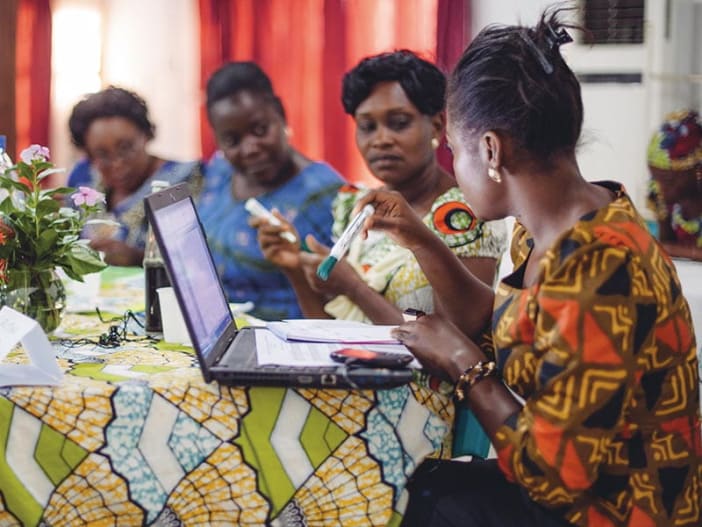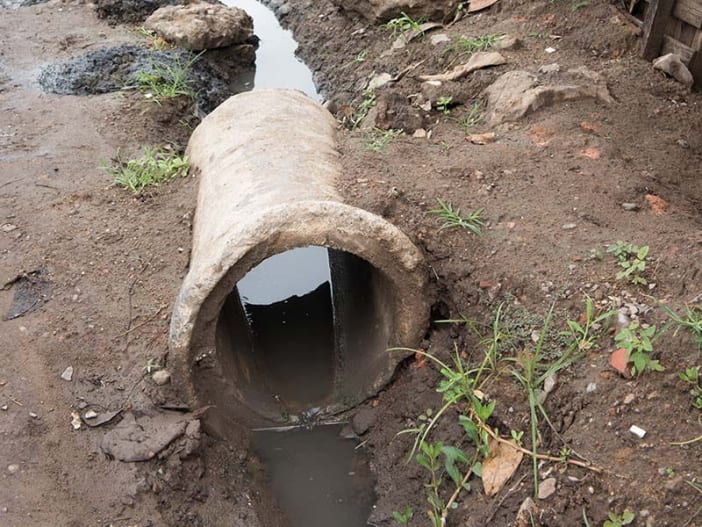In April 1997 a special ceremony took place in Pattavam village in Kerala, South India. In a symbolic and moving ceremony, an old farmer handed over to a young child of the village, a register of nearly every species and crop growing within the village boundaries.
This had been prepared by the village youth. The child in turn, handed the register over to the village head for safeguarding and protection in the interests of the community and future generations.
A highlight of the ceremony was an exhibition of living things showing an example of every growing plant. This exhibition gave the villagers an idea of exactly what they owned and what they and their ancestors have kept alive and conserved for centuries. The village gathering also honoured several farmers who had protected traditional varieties by continuing to cultivate them.
How did the idea for this ceremony develop? In 1995 a group of active young people formed a Village Forum. They wanted the village to develop in a sustainable way. Various outsiders gave support and teaching. They were encouraged to appreciate their traditions and the biodiversity of their village. They decided to organise a register. There were two options. They could bring in an expert who would take a week to document all the species. But the forum realised that villagers would still be ignorant of their inheritance, and the expert would produce a document that could be easily made use of by corporations seeking plant materials. So they decided on the more difficult option – of doing it themselves. Fortunately they had a local amateur botanist who willingly agreed to help. Training sessions were held for all interested villagers.
The survey revealed that 26 traditional varieties of rice were being grown. However, a village folk song mentions over 100 varieties of rice, many of which now sadly only exist in song. In addition to the rice varieties, 366 species of trees and plants were recorded, 93 species of bird and 14 wild mammals.
The register was only written in the local language. Some rare plants were listed but their location was not given to provide further protection against exploitation.
The forum believes they have now established the future rights of their community to continue using all the crops and genetic resources within their village boundary. No patents will be permitted on any of the varieties or species listed. Lawyers are still considering the implications of this work. But the Pattavam villagers set a challenging example to other communities around the world.
Adapted from an article by Claude Alvares in Third World Resurgence Issue 84, TWN, 228 Macalister Road, 10400 Penang, Malaysia.









